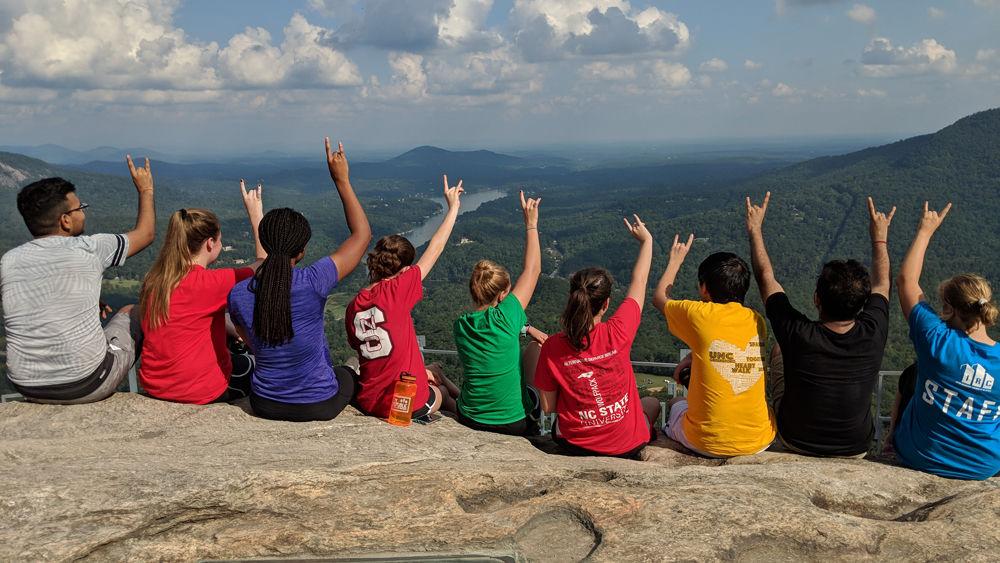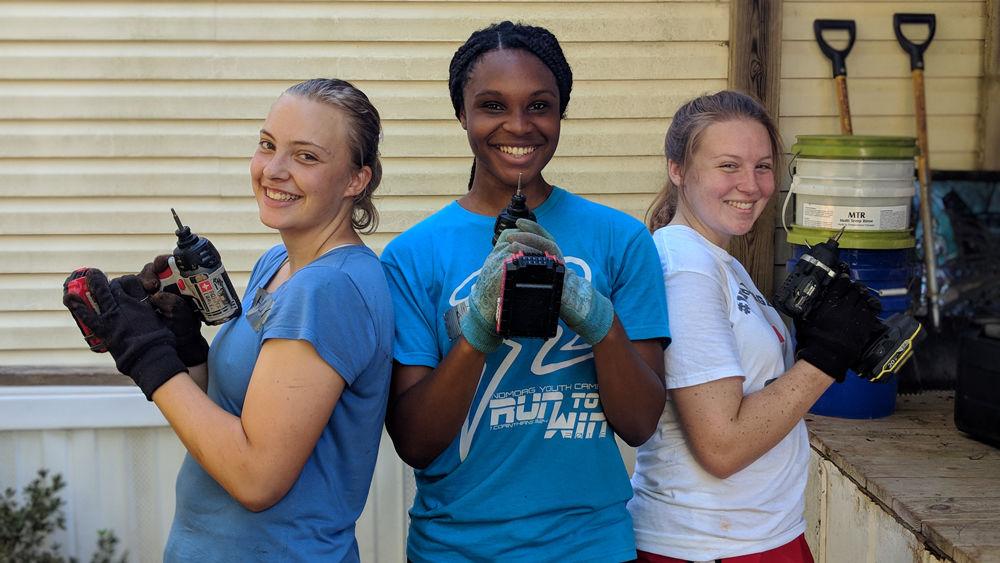With spring break just around the corner, students and staff alike have been planning out how they’ll spend the week, whether it be vacationing or taking time to relax at home. For some, community service and outreach is to their tastes, and Alternative Service Break offers plenty of programs for that.
Alternative Service Break is a student-led program coordinated by Leadership and Civic Engagement. Every fall and spring break, student volunteers and team leaders embark on trips to engage with communities and assist them in various ways, addressing everything from housing and food insecurity to LGBTQ+ issues.
Over this year’s spring break, ASB has students participating in more than 20 trips, each tackling different issues in unique locations. The sites can be local to North Carolina or as far away as Trinidad and Tobago.
“A question we often ask ourselves is ‘How can you use the knowledge you’ve gained at NC State and utilize your life experiences to cultivate growth?’” said Adam Culley, assistant director of Leadership and Civic Engagement. “ASB provides its participants with the perfect opportunity to answer that.”
Culley spoke about his previous experiences going on an ASB trip.
“For me, my first experience was probably the most impactful,” Culley said. “It made me realize the little ways I can make an impact. It doesn’t have to be some grand gesture in order to help someone.”
Culley, who has been participating in ASB since he was an undergrad, also advises the service trip to Hoonah, Alaska. For its duration, volunteers engage with the native Tlingit community by working in public school settings, the Boys & Girls Club and the area’s senior center.
The Alaska service trip is one of the most popular, and is now more of a tradition for both sides. Each year, the Tlingit people welcome NC State’s volunteers with open arms. While they engage with the community, students gain cultural lessons from them and knowledge about the Tlingit language and community.
The team doesn’t take their positive interactions with the people for granted. As Culley mentioned, rather than having a liaison from the area to coordinate trips with, the Hoonah partnership is based on community relationships to ensure that the volunteers respect the boundaries the people have in place. Every site is handled the same way.
According to Culley, participants of ASB trips have always been careful enough to ensure that they haven’t had any negative impacts on the communities they visit. Each year, they go back over every program with insight from members of each community to make sure they’re utilizing their resources in the best manner.
“We want to know the best ways to be in partnership and service of these communities,” Culley said. “We always go back and evaluate partnerships to ensure that we’re succeeding in doing both of those as efficiently as possible.”
Some ASB teams delve into sustainability issues as well. For example, the Trinidad and Tobago trip, whose team is composed mostly of students in the Goodnight Scholars Program, has a site located near the Arima River and focuses on engaging local schools and community organizations in environmental education.
“My favorite part was experiencing the biodiversity of Trinidad,” said Jeremy Park, a fourth-year studying foreign languages and literature and computer science, who has volunteered at the site in the past. “The hundreds of hummingbirds, the swamp boat rides, swimming in a waterfall; it was one of the best experiences I’ve ever had with nature.”
Though the registration dates for next year’s trips have not been released yet, information and applications for ASB’s trips can be found on Leadership and Civic Engagement’s website.














